2002 Cabinet Papers: David Hicks’ detention at Guantanamo Bay ‘lawful’, Howard government ruled
Australian and US governments agreed on the need for a ‘consistent public position’ on Guantanamo detainee David Hicks, cabinet minutes from February 2002 reveal.
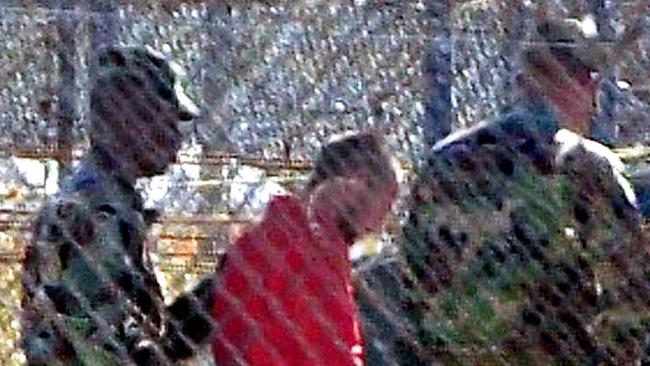
The detention of David Hicks by the US government at Guantanamo Bay was endorsed by the Howard cabinet as entirely “lawful” and ministers agreed to US forces completing their “investigative and legal processes” before determining legal options for prosecuting him under Australian law.
A February 2002 cabinet minute released by the National Archives of Australia on January 1 also saw the need for both the Australian and US governments to agree on “consistent public positions” about “future actions” regarding Mr Hicks.
Attorney-General Daryl Williams had given an oral report to cabinet about Mr Hicks, an Australian citizen who trained with al-Qaeda in Afghanistan and met with 9/11 terrorist attack mastermind Osama bin Laden, who had been captured and detained by the US.
CABINET PAPERS 2002
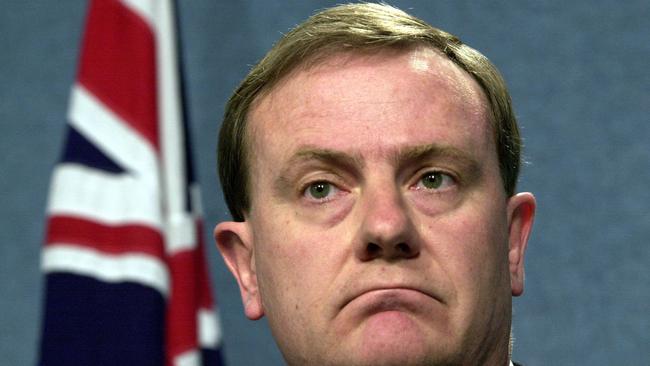
‘Advantage lost’: Costello slams inaction on debt
Twenty years after warning cabinet of significant future budget pressures, former Treasurer Peter Costello says the fiscal and debt position of the nation is far worse than it needed to be.
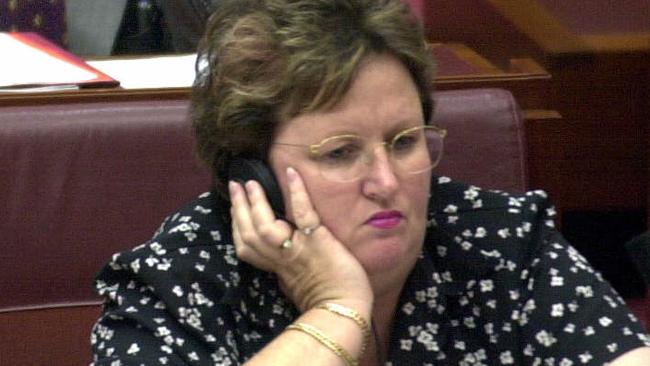
‘I don’t have time for egomaniacs who take notes’
Amanda Vanstone lifts the lid on her time in cabinet, including her dealings with John Howard and disdain for ministers more concerned with publishing memoirs than serving the community.
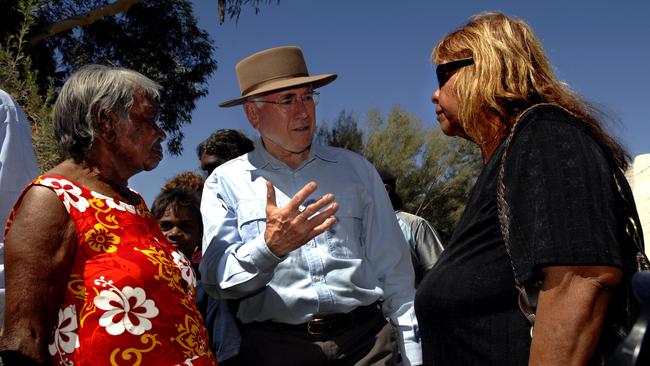
Why Howard government refused to say sorry
Fears that present day Australians would be held responsible for atrocities of the past were behind the Howard government’s refusal to apologise to Indigenous Australians in 2002.
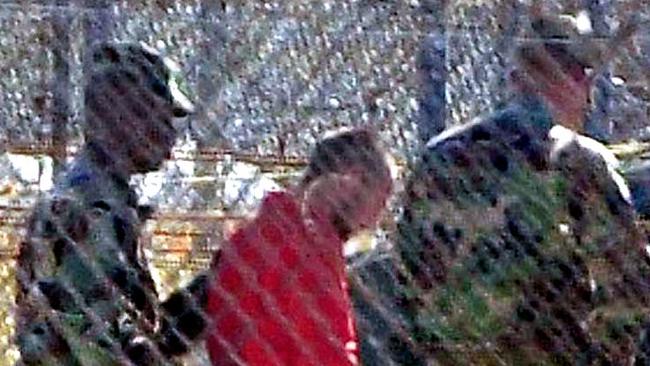
Hicks’ Guantanamo detention ‘lawful’, government ruled
Australian and US governments agreed on the need for a ‘consistent public position’ on Guantanamo detainee David Hicks, cabinet minutes from February 2002 reveal.
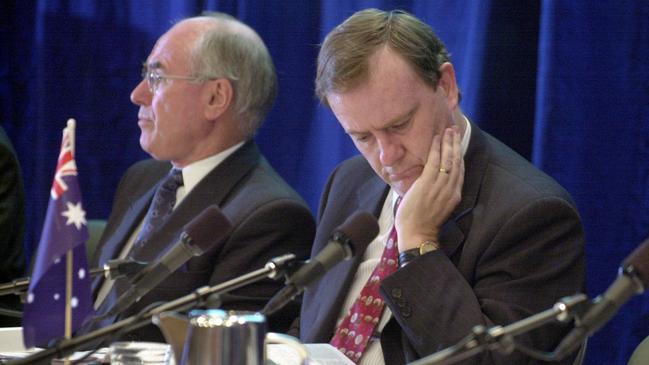
‘Why we never ratified Kyoto was beyond me’: Costello
Peter Costello laments rejection of 1997 Kyoto Protocol as cabinet documents from 2002 reveal Treasury argued for incentives to invest in cleaner energy.
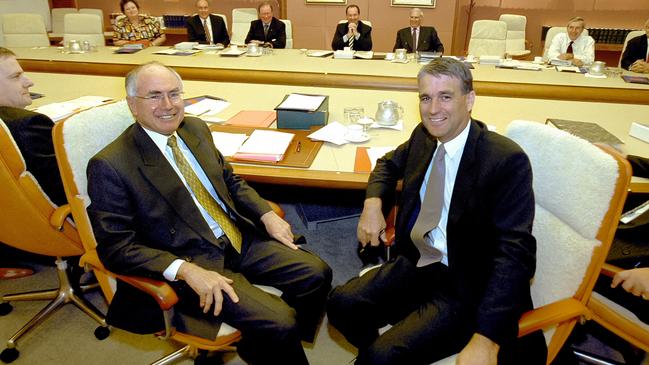
Howard warns on ‘reform fatigue’
John Howard and Peter Costello urge major parties to prioritise deficit and debt reduction to protect the nation from the next major economic shock.
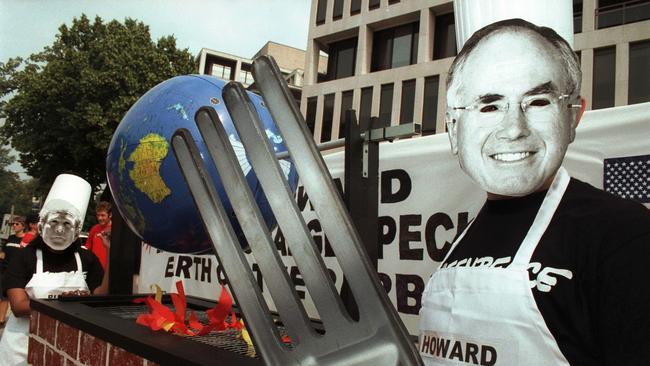
How Kyoto rejection kickstarted the climate wars
Concerns the Kyoto protocol would ‘risk Australia’s competitive advantage in emissions-intensive activities’ were one reason behind Howard government’s refusal to ratify the agreement.

Frustration over new security laws post-9/11
The Department of Prime Minister and Cabinet feared its inability to get state agreement on contentious new security measures in the wake of September 11.
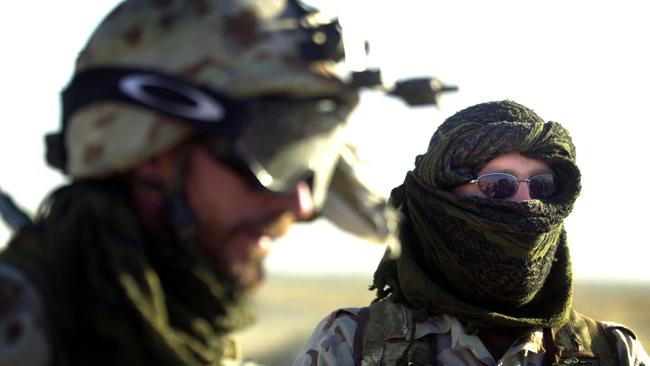
How 9/11, Bali bombings changed our military
With the threat of terrorism looming large, the Howard government created a national special forces command to ensure ‘surgical’ military responses.
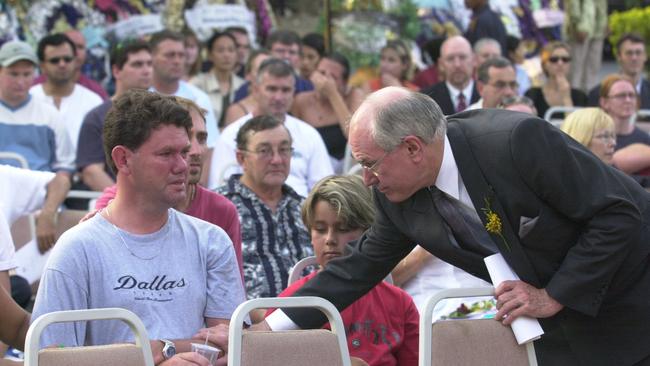
Release of Bali bombmaker ‘regrettable’
Former PM sympathises with victims and relatives over early release from jail of Bali bombmaker Umar Patek.

Australia wary of Afghanistan troop commitment
Declassified national security committee documents reveal that in June of 2002, Defence argued it was ‘not in a position to contribute’ to UN force in Afghanistan.
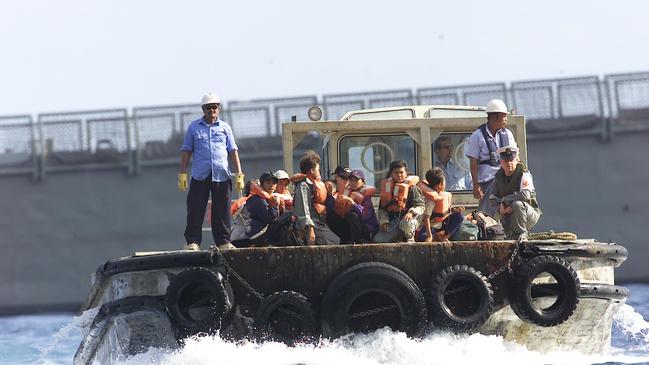
Christmas Island detention centre’s fast-tracking revealed
The Howard government fast-tracked plans to build the first ‘purpose-designed and built’ offshore detention centre controlled by Australia in 2002.
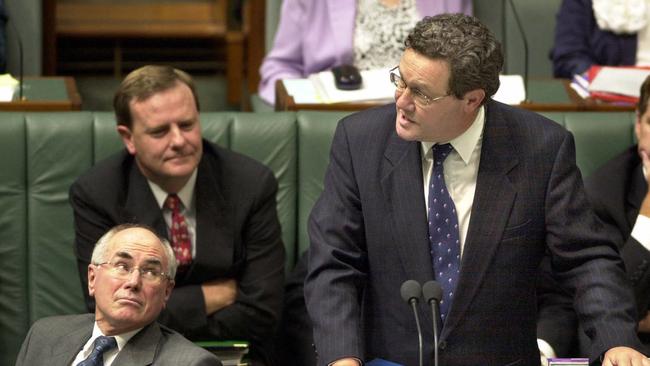
Timor Sea Treaty negotiations to be kept under wraps
Disclosure of details on joint resource-sharing agreement between East Timor and Australia would “damage security”, National Archives rules.
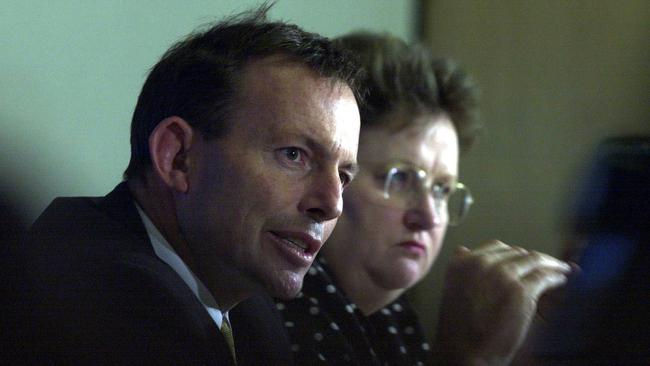
Push to restrain growth of disability pension
Concerns over ‘inappropriate access’ to the Disability Support Pension prompted Howard government to introduce measures to reduce number of recipients, cabinet papers from 2002 reveal.
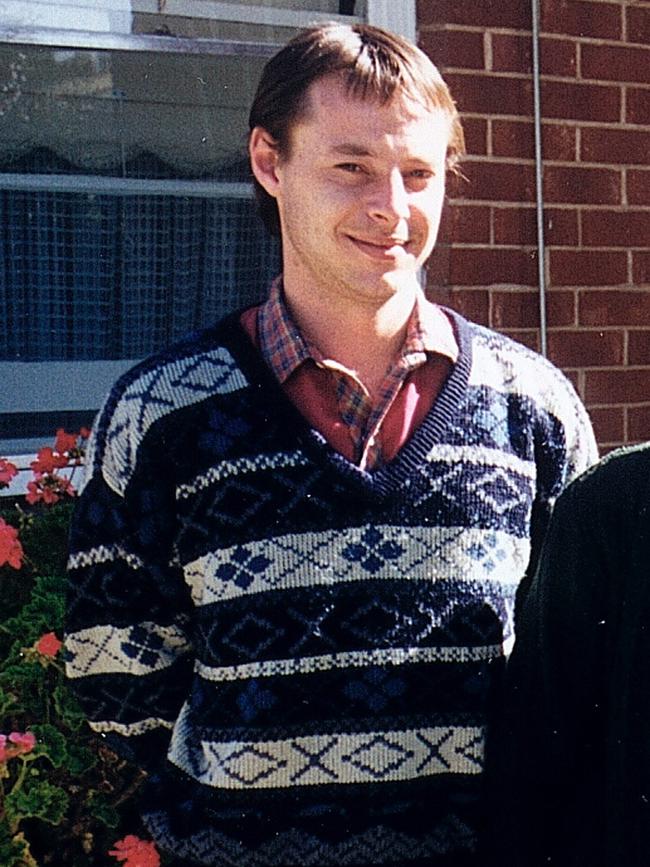
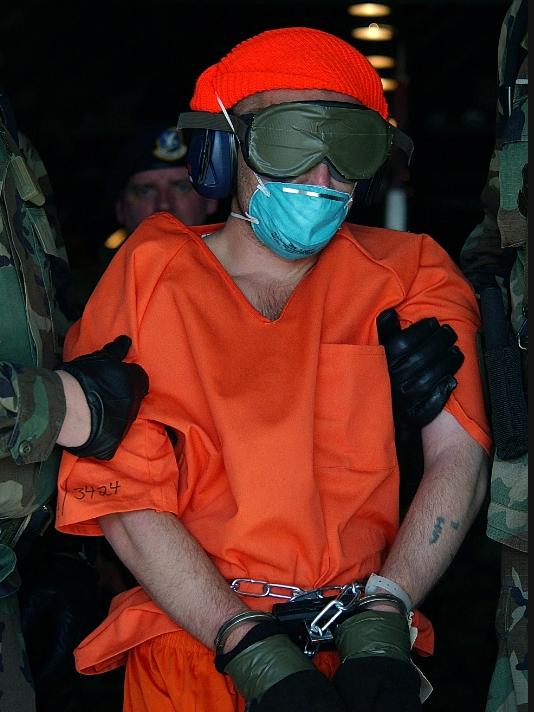
Mr Hicks, who said he was tortured at Guantanamo Bay between 2002 and 2007, pleaded guilty to providing material support for terrorism before a controversial US military commission. He was convicted and sentenced to seven years in jail with all but nine months suspended, which were served at Adelaide’s Yatala Jail.
In an interview with The Australian, John Howard said he thought the US investigative and legal processes took too long to be resolved and recalled raising it with US President George W. Bush and Vice President Dick Cheney.
“I felt the Americans were taking too long but there wasn’t a lot of sympathy for Hicks – there was sympathy for there being the need for a proper process,” Mr Howard said. “I certainly raised it with Bush and I raised it with Cheney.”
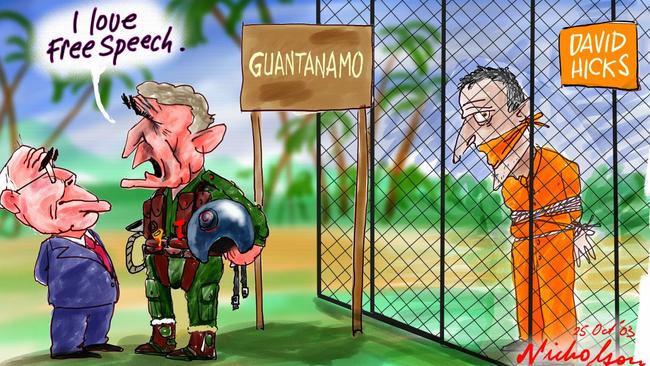
The cabinet noted that Australian authorities were also investigating Mr Hicks’ “activities” in Kosovo and Kashmir for any potential breach of Australian law and would seek to prevent him “from profiting from any publication” detailing his time in Afghanistan, Kosovo or Kashmir.
The Commonwealth Director of Prosecutions did launch proceedings against Mr Hicks after his memoir, Guantanamo: My Journey (2010), was published but the legal action was discontinued in 2012.




To join the conversation, please log in. Don't have an account? Register
Join the conversation, you are commenting as Logout